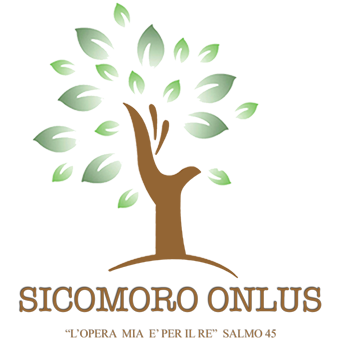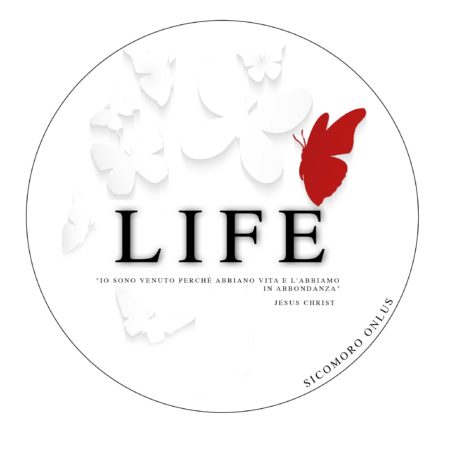Cognitive behavioural interventions in addictive disorders PMC
When it comes to addiction, CBT can help you take steps to reframe your situation to avoid triggers. When you find a therapist skilled in CBT, you can take steps to apply the skills you learn to future situations. If you’re in a recovery process, she recommends asking people if they have any recommendations for therapists. Word of mouth can be a great way to find a clinic or a therapist that someone you know has personally used.
What Is Cognitive Behavioral Therapy Used For?
The findings reveal, in short, that individuals who have experienced trauma are more susceptible to relapse, underscoring the importance of addressing trauma in addiction treatment. In addition, relapse often ties back to past trauma, particularly when attempting to combat addiction without expert guidance. A more recent development in the area of managing addictive behaviours is the application of the construct of mindfulness to managing experiences related to craving, negative affect and other emotional states that are believed to impact the process of relapse34. The individual’s reactions to the lapse and their attributions (of a failure) regarding the cause of lapse determine the escalation of a lapse into a relapse. The abstinence violation effect is characterized by two key cognitive affective elements.
Everything You Need to Know About Cognitive Behavioral Therapy for Addiction
- Cognitive reframing of lapses, coping imagery for craving and life style interventions, such as physical activity are used to help develop skills to deal with craving and broaden the patient’s behavioural repertoire.
- Clinical trials examining the addition of coping and communication skills training have demonstrated positive outcomes and are common components of CBT for substance abuse.60, 61 The use of strategies should be based on case conceptualization, building from patient report and behavioral observation of such deficits.
- The therapist therefore planned to improve his motivation for seeking help and changing his perspective about his confidence (motivational interviewing).
- There are no specific time frames within which a person navigates through the stages, and may also remain at stage for a long time before moving forwards or backwards (for example a person may remain in the stage of contemplation or preparation for years without moving on to action).
Rehearsal in session of socially-acceptable responses to offers for alcohol or drugs provides the patient with a stronger skill set for applying these refusals outside of the session. Where relevant, this rehearsal can be supplemented by imaginal exposure or emotional induction to increase the degree to which the rehearsal is similar to the patient’s high risk situations for drug use. Evidence on effectiveness of psychosocial interventions in substance use disorders is available. For substance misusing clients, any form of psychological treatment leads to better treatment outcomes compared with no psychological treatment, but there is no general consensus that one form of psychological treatment is better than another. Some interventions, such as CBT, MI and RP, appear to be effective across many drugs of abuse.
How Much Does Cognitive Behavioral Therapy Cost?
The neurobiological basis of mindfulness in substance use and craving have also been described in recent literature40. The relapse prevention programme combines a variety of cognitive behavioural strategies33. It skills training such as behavioural rehearsal, assertiveness training, communication skills to cope with social pressures and interpersonal problem solving to reduce impact of conflicts, arousal reduction strategies such as relaxation training to manage pain or anxiety as risk for relapse. Cognitive reframing of lapses, coping imagery for craving and life style interventions, such as physical activity are used to help develop skills to deal with craving and broaden the patient’s behavioural repertoire. Cognitive restructuring techniques are employed to modifying beliefs related to perceived self-efficacy and substance related outcome expectancies (“such as drinking makes me more assertive”, “there is no point in trying to be abstinent I can’t do https://ecosoberhouse.com/ it”). As is the case for other evidence-based approaches, it has been challenging to move CBT into widespread clinical practice (Emmelkamp et al., 2014; Harvey & Gumport, 2015; Institute of Medicine, 2001; Kazdin & Blase, 2011).
Individual and Group Treatments
His wife brought him for treatment and he was not keen on taking help He did not believe it was a problem (stage of change). He believed that drinking helped him across many domains of life (positive outcome expectancies regarding alcohol use and its effects, stage of change). While the development of effective, individual components demonstrated to address a single core feature of addiction (e.g., attentional bias, craving, delay discounting) may have limited impact if delivered alone, it has the potential to lead to strategies that allow us to more efficiently tailor treatments for complex and heterogeneous disorders like the addictions.
- The limitations are not in study quality per se, but certainly in study quantity (ie, too few mediation studies to build a cohesive narrative of CBT MOBC) and heterogeneity (ie, varied assessment of potential mediators).
- They are aimed at eliciting changes in the patient’s drug use behaviors well as other factors such as cognition and emotion using the interaction between therapist and patient.
- This article will review what CBT is, discuss how it can help someone with a substance use disorder (SUD), and review what a person can expect from this form of therapy.
- One major randomized trial (Project Matching Alcoholism Treatment to Client Heterogeneity (MATCH)) indicated that a 12-step program for alcohol use problems resulted in equivalent improvements in alcohol use to CBT and motivational interventions.
- Future work should consider mechanisms of CBT efficacy and key conditions for dissemination and implementation with fidelity.
Mechanisms of behavior change (MOBC) are person-level processes that exert a causal influence on a specific behavior change outcome. For CBT for AOD, the MOBC of interest are the specific indicators that are, based in theory, expected to transmit the effects of the intervention on its targeted outcomes. These include cognitive shifts in self-efficacy related to various risk scenarios (eg, negative affective states, positive affective states), enactment of coping skills relevant to the CBT approach (eg, quantity or quality of skills), changes to environmental contingencies (eg, quantity or quality of available social supports).
CBT uses a variety of coping skills to help you recognize and restructure unhealthy thought and behavioral patterns.5,13 During your initial assessment for alcohol use disorder, your therapist will help you to identify underlying triggers and unhealthy coping skills that are connected to your alcohol use. Because cognitive behavioral therapy is a structured, goal-oriented educational process focused on immediate problems, the process is usually short term. Although other forms of therapy can be long term and are not time limited, CBT is usually cbt interventions for substance abuse completed in 12 to 16 sessions with the therapist.
What is a CBT Skills Group?
His father and maternal uncle were heavy drinkers (predispositions to drinking, social learning). Rajiv was anxious since childhood (early learning and temperamental contributions) and avoided social situations (poor coping). He started using alcohol in his college, with friends and found that drinking helped him cope with his anxiety. Gradually he began to drink before meetings or interactions (maladaptive coping and negative reinforcement). He reported difficulty sleeping if he did not drink, could not get past the day without drinking or thinking about his next drink (establishment of a dependence pattern).





